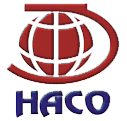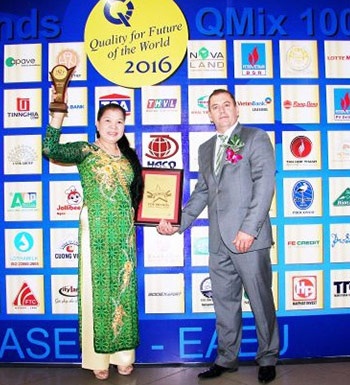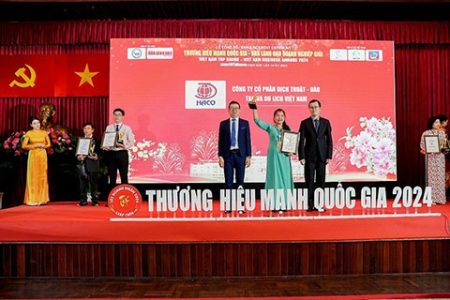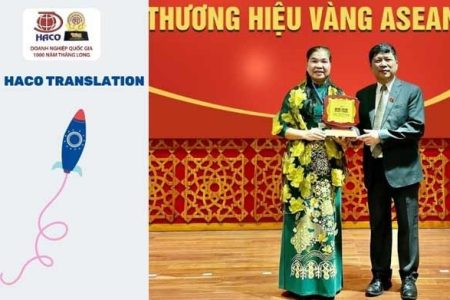Japanese notarized translation is a specialized service that provides certified translations of official documents from Japanese to English and vice versa. It is a process that requires the expertise of a professional translator and a notary public to ensure accuracy and authenticity. Notarized translations are often required for legal, immigration, and business purposes.
This type of translation is especially important for documents that need to be accepted by government agencies or other organizations. With the help of a notarized translation, you can ensure that your documents are accurately translated and accepted by the relevant authorities.
The Benefits of Notarized Japanese Translation for Businesses
Businesses that operate in Japan or have dealings with Japanese entities often require documents to be translated into Japanese. In some cases, these documents must be notarized in order to be accepted by the Japanese government or other entities. Notarized Japanese translation can provide a number of benefits for businesses.
First, notarized Japanese translation ensures accuracy. Notarized translations are certified by a professional translator who is qualified to translate documents from one language to another. This means that the translation is accurate and reliable, and that the document is legally binding. This is especially important for documents that are used in legal proceedings or for business transactions.
Second, notarized Japanese translation can save time and money. Notarized translations are often faster and more cost-effective than other translation services. This is because the translator is already familiar with the language and can quickly and accurately translate the document. This can save businesses time and money, as they do not have to hire a separate translator or pay for additional services.
Third, notarized Japanese translation can help businesses build trust with their Japanese partners. Notarized translations are seen as a sign of trustworthiness and reliability. This can help businesses build relationships with their Japanese partners, as they can be sure that the documents they are providing are accurate and legally binding.
Finally, notarized Japanese translation can help businesses comply with Japanese laws and regulations. Notarized translations are often required for documents that are used in legal proceedings or for business transactions. This ensures that businesses are in compliance with Japanese laws and regulations, which can help them avoid costly fines or other penalties.
Notarized Japanese translation can provide a number of benefits for businesses. It ensures accuracy, saves time and money, builds trust with Japanese partners, and helps businesses comply with Japanese laws and regulations. For these reasons, businesses should consider using notarized Japanese translation services when dealing with Japanese entities.

How to Choose the Right Notarized Japanese Translation Service
When selecting a notarized Japanese translation service, it is important to consider a few key factors. First, it is important to ensure that the service is certified and accredited. This will ensure that the translation is accurate and reliable. Additionally, it is important to consider the experience and qualifications of the translator. A translator with a strong background in the language and culture of Japan will be able to provide a more accurate translation.
It is also important to consider the cost of the service. Notarized translations can be expensive, so it is important to compare prices between different services. Additionally, it is important to consider the turnaround time for the translation. Some services may be able to provide a translation within a few days, while others may take weeks or even months.
Finally, it is important to consider the customer service provided by the translation service. A good service should be able to answer any questions or concerns that you may have. Additionally, they should be able to provide a clear timeline for the completion of the translation. By taking the time to research and compare different services, you can ensure that you select the right notarized Japanese translation service for your needs.
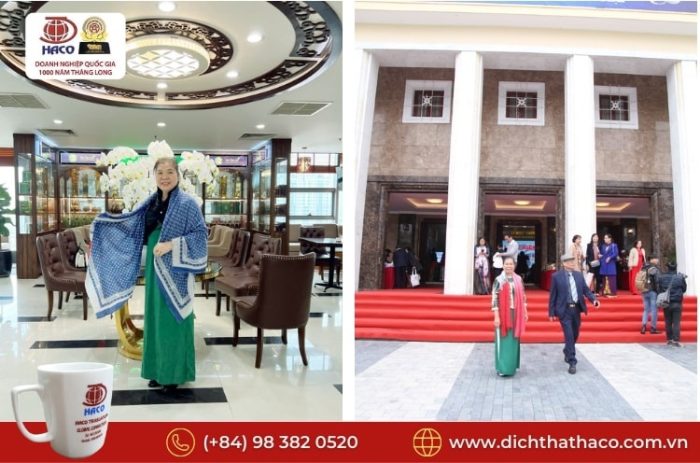
Understanding the Notarization Process for Japanese Translation
The notarization process for Japanese translation is an important step in ensuring the accuracy and validity of a translated document. Notarization is a process in which a notary public, a public official authorized by the government, verifies the authenticity of a document. In the case of Japanese translation, the notary public will review the document to ensure that it is an accurate translation of the original Japanese document.
The notarization process begins with the translator submitting the translated document to the notary public. The notary public will then review the document to ensure that it is an accurate translation of the original Japanese document. The notary public may also ask the translator to provide additional information or documents to verify the accuracy of the translation. Once the notary public is satisfied that the translation is accurate, they will sign and stamp the document, officially notarizing it.
The notarization process is an important step in ensuring the accuracy and validity of a translated document. Notarization provides an additional layer of security and assurance that the translation is accurate and legally binding. It also serves as a form of protection for both the translator and the recipient of the document.
In addition to notarizing the document, the notary public may also provide a certificate of authentication. This certificate is a document that states that the notary public has verified the accuracy of the translation and that the document is legally binding. This certificate is often required for certain types of documents, such as legal documents, and can be used to prove the authenticity of the document in court.
The notarization process for Japanese translation is an important step in ensuring the accuracy and validity of a translated document. Notarization provides an additional layer of security and assurance that the translation is accurate and legally binding. It also serves as a form of protection for both the translator and the recipient of the document.

The Role of Notarized Japanese Translation in International Law
Notarized Japanese translation plays an important role in international law. It is a process that involves the translation of legal documents from Japanese to another language, such as English, and the certification of the translation by a notary public. This process is necessary for the enforcement of international law, as it ensures that the translated documents are accurate and legally binding.
Notarized Japanese translation is used in a variety of international legal contexts. For example, it is often used in international business transactions, such as contracts and agreements. It is also used in international litigation, such as in cases involving foreign parties. In addition, notarized Japanese translation is used in international arbitration proceedings, as well as in the enforcement of international treaties and conventions.
Notarized Japanese translation is a complex process that requires the expertise of a qualified translator. The translator must be familiar with the legal terminology and concepts of both the source language (Japanese) and the target language (English). The translator must also be able to accurately convey the meaning of the original document in the target language.
Once the translation is complete, the translator must then present the document to a notary public for certification. The notary public will review the document and certify that the translation is accurate and legally binding. This certification is necessary for the enforcement of international law.
Notarized Japanese translation is an important part of international law. It ensures that legal documents are accurately translated and legally binding, which is essential for the enforcement of international law. Without notarized Japanese translation, international legal proceedings would be difficult, if not impossible, to carry out.
The Impact of Notarized Japanese Translation on Immigration and Visas
The use of notarized Japanese translation is an important factor in the immigration and visa process. Notarized translations are legally binding documents that are used to verify the accuracy of a translation. This is especially important when it comes to immigration and visa applications, as the accuracy of the translation can have a significant impact on the outcome of the application.
Notarized translations are typically used when a foreign language document needs to be translated into English for use in the United States. This includes documents such as birth certificates, marriage certificates, and other legal documents. In order to be accepted by the United States government, the translation must be certified by a notary public. This ensures that the translation is accurate and that the document is legally binding.
Notarized translations are also important when it comes to visa applications. When applying for a visa, applicants must provide documents in their native language that are translated into English. The accuracy of the translation is essential, as any errors or omissions could lead to the visa being denied. By having a notarized translation, applicants can be sure that their documents are accurate and that their visa application will be accepted.
Notarized translations are also important when it comes to immigration applications. When applying for a green card or other immigration benefits, applicants must provide documents in their native language that are translated into English. Again, the accuracy of the translation is essential, as any errors or omissions could lead to the application being denied. By having a notarized translation, applicants can be sure that their documents are accurate and that their application will be accepted.
In conclusion, notarized Japanese translation is an important factor in the immigration and visa process. Notarized translations are legally binding documents that are used to verify the accuracy of a translation. This is especially important when it comes to immigration and visa applications, as the accuracy of the translation can have a significant impact on the outcome of the application. By having a notarized translation, applicants can be sure that their documents are accurate and that their application will be accepted.
HACO TRANSLATION COMPANY – THE 1ST PRESTIGIOUS TRANSLATION SERVICE PROVIDER IN VIETNAM

COME WITH HACO TO FEEL THE DIFFERENCE AND COMPARE;
YOU WILL SEE THE BRAND WORTHY TO CHOOSE
20 years of accompanying enterprises
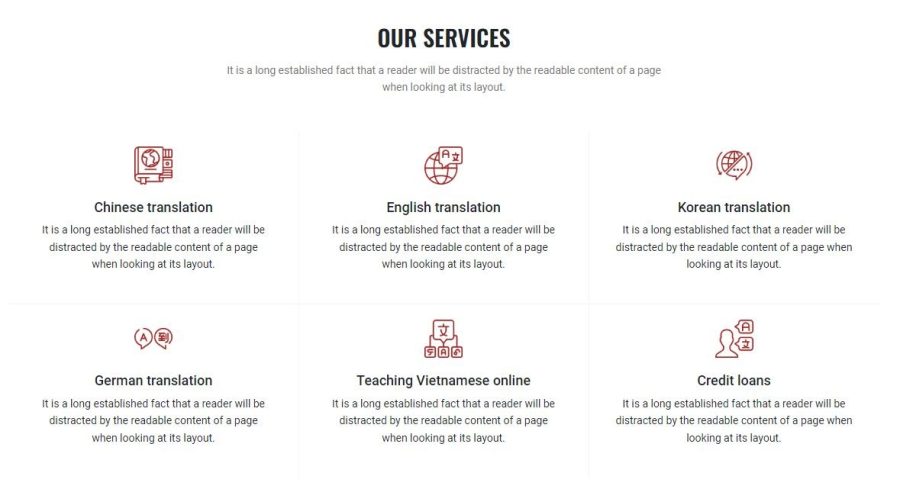
Thông tin liên hệ:
Địa chỉ Miền Bắc: Số 2, Ngõ 68, Ngụy Như Kon Tum, Phường Nhân Chính, Quận Thanh Xuân, Hà Nội
Địa chỉ Miền Nam: 2A/3 Nguyễn Thị Minh Khai, P. Đa Kao, Quận 1, TP.HCM Địa chỉ
Singapore : 391B Orchard Road, Ngee City Tower B Singapore 238874
Di động: +84 983 820 520
Điện thoại & Fax: +84 24 3554 3604
Email: hanoi@dichthuathaco.vn
